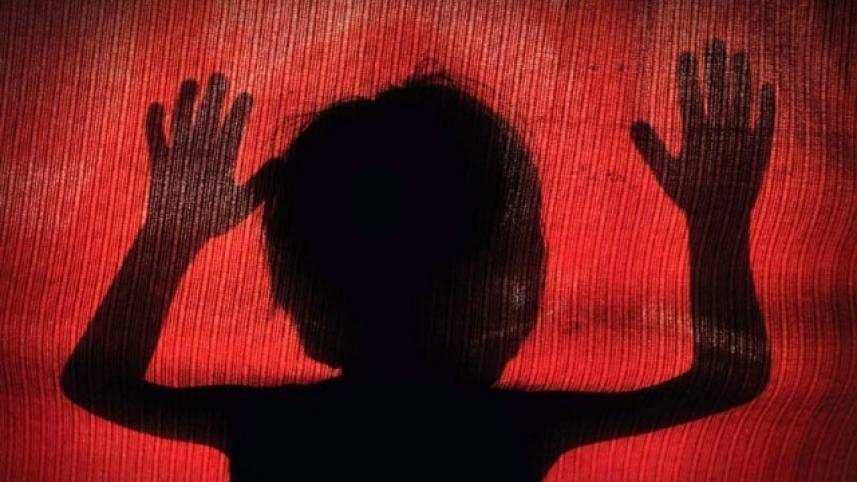Can money compensate for rape?

A thirteen year old school girl was raped in Faridpur and the alleged rapists were asked to "compensate" the victim with Tk 3.5 lakh. Under section 376 of the Penal Code, the maximum punishment for committing the offense of rape is life imprisonment. In contrast, the measly "compensation" was settled because of pressure from local influentials. The uncle of the victim mentioned that they were confused about two people whose names mysteriously appeared on the list of accused.
This case speaks volumes about the culture of impunity and corruption that surrounds rape cases. Out of court settlements, especially, in cases of rape and abuse is a menace that sets the justice system back by decades. While much of this is societal, there are aspects of the legal system that are also problematic. The Bangladesh Penal Code 1872, for instance, enables evidence of sexual history of women and girls who were complainants in rape cases to be put in as evidence. This shifts the burden of proof to the victim and makes them, and their families, reluctant to file cases. In this particular case, the victim was a minor, not married to any of the perpetrators and there were no grey areas about consent.
However, where the legal system gives so much leeway to the perpetrator and holds the victim accountable for so much, it becomes difficult to see sexual violence as the criminal offence that it is. A culture of zero tolerance, legally and socially, must be bred with regard to attacks on human dignity and human lives, which is what rape is.



 For all latest news, follow The Daily Star's Google News channel.
For all latest news, follow The Daily Star's Google News channel.